Remote village kids used to climb three hours to get to class
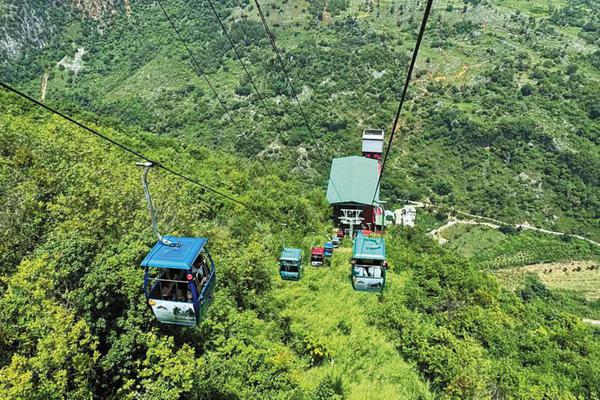
The cable car is part of an "aerial school bus" for children living in Nizhuhe village in Xuanwei, Yunnan province. (DU XING/FOR CHINA DAILY)
For many schoolkids, just dragging themselves out of bed in the morning can be a near impossible challenge.
However, for the children of Nizhuhe village, located at the bottom of a steep and craggy canyon, getting out of bed used to be followed by a perilous more than three-hour ascent up the cliff face and across several rivers, before arriving at the classroom to the start the school day.
However, in the past couple of years that situation has all changed for the children of the village located in Southwest China's Yunnan province.
The development of the Nizhuhe Grand Canyon scenic area has meant that new infrastructure has been put in place, and kids now only need to take a 268-meter cliffside elevator, followed by a cable car and then a bus to reach their school at the top of the canyon. The three-hour obstacle course has now become a pleasant 30-minute scenic ride.
All in all, their journey from their village to Guanzhai Primary School takes them from an elevation of 1,100 meters to 1,650 meters.
With development of the scenic area beginning in 2017, this "aerial school bus" became available in 2022.
"In the past, there were many areas with no roads. My older son and I had to climb steep cliffs with slopes exceeding 70 degrees," said Zhao Suzhen, a villager and a mother of two boys in Nizhuhe.
"Villagers drilled holes in the cliff face so that they could get footholds and handgrips for climbing," she said, adding they also used chains.
Her second son Lei Xin is also studying at the school. Zhao said Lei and his friends run to the elevator in excitement and enjoy watching the Nizhu River below them as the elevator ascends.
"I was a bit scared at first, but now I find it very fun," Lei said, adding that taking the elevator and cable car to school is much more convenient than climbing over rocks.
As Guanzhai Primary is a boarding school, every week, the children from Nizhuhe village commute using the "aerial school bus".
Yang Jie, Party secretary of Puli township, where the village is located, is proud of the local development.
"During ancient times, ancestors of the village moved deep down the mountains to hide from war. It's difficult to enter and leave, even for adults," she said.
"In the past, two to three men were required to escort the children to school."
Acknowledging that the situation was unacceptable, in 2014, Yang and her colleagues invited experts to conduct surveys and to establish a plan to create walkways from the village below to the school above, but no solution was feasible.
In 2015, they helped cut steps with electric saws, drive rivets into rock walls prone to falling and slippery boulders and install chains on the way for students.
In 2016, more safety facilities such as metal guardrails were built, along with laying new paths through the woods. "At the time, villagers told me it was already a big improvement," Yang said.
In late 2016, when the 565-meter Beipanjiang Bridge spanning the canyon was recognized as the tallest bridge in the world by Guinness World Records, the canyon quickly won new fame.
As a result, in 2017, a company invested to develop the canyon into an attraction.
"Now the national 4A-level scenic spot is the children's home. And the most difficult path to school has been transformed into the happiest path of realizing dreams," said Yang.
Cai Xiong, 54, chairman of Xuanwei Yatuo Tourism Development, who invested 380 million yuan ($51.8 million) into building the scenic area, was born in Puli township. He said when he was a child, he also needed to walk a long way to school.
He said the investment was for more than just business purposes, but also as an effort to improve the livelihoods of his fellow people.
More importantly, the "aerial school bus" is also a lifeline, he said.
"This year, a child in the village fell from a roof and needed emergency treatment. Our workers were able to use the elevator and cable car to send the child to hospital," he said.
"Another man who had a heart attack was also saved by the elevator."
Cai added that villagers can enjoy the service for free, and students have priority over tourists during peak travel times.
The canyon is a favored destination for enthusiasts of extreme sports such as paragliding, wingsuit flying, skydiving, rafting and rock climbing. It received 260,000 tourist visits last year, according to local statistics.









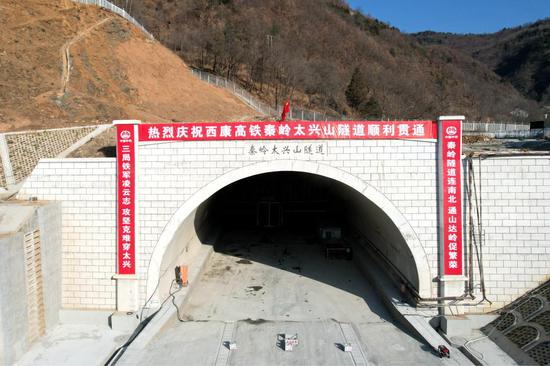
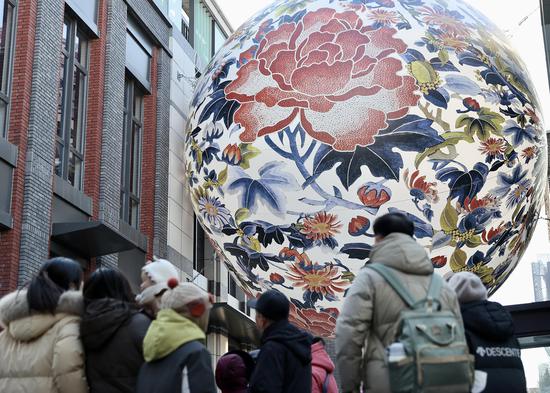

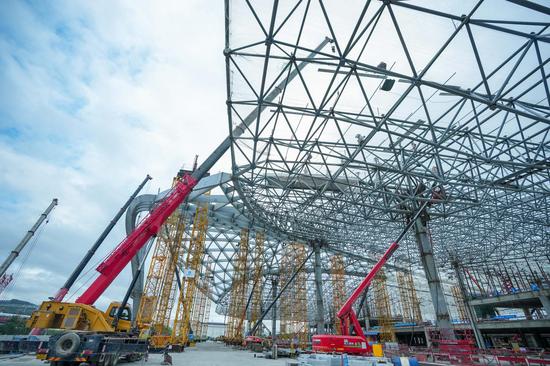
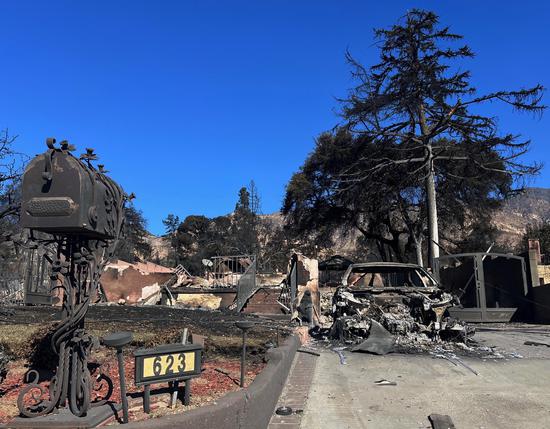


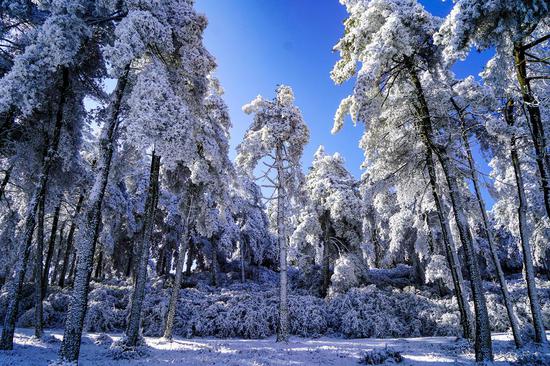
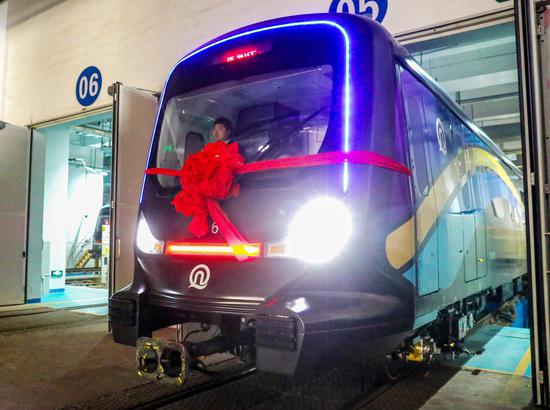
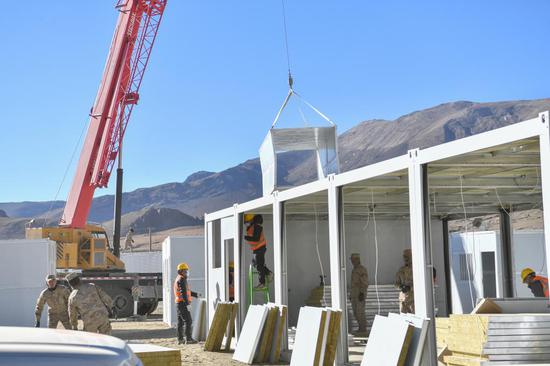
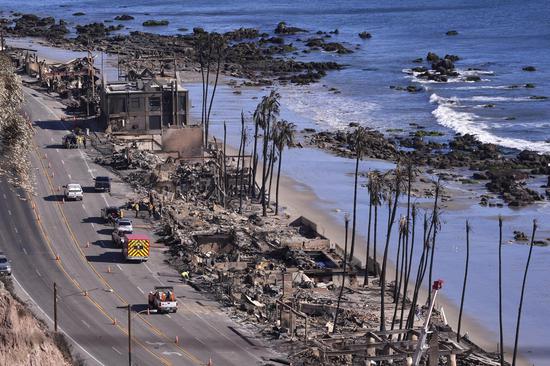



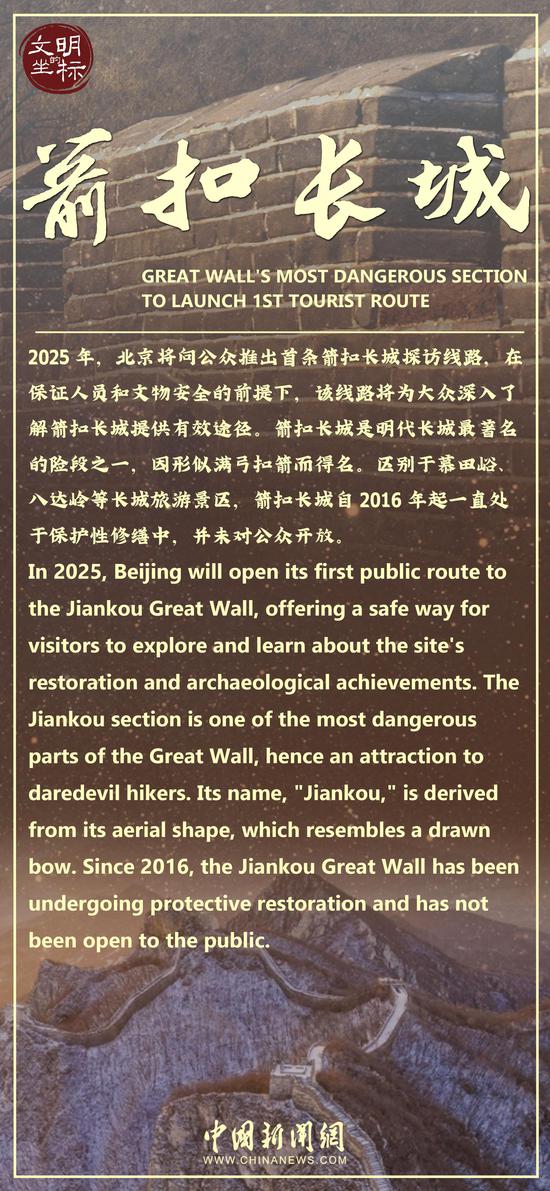
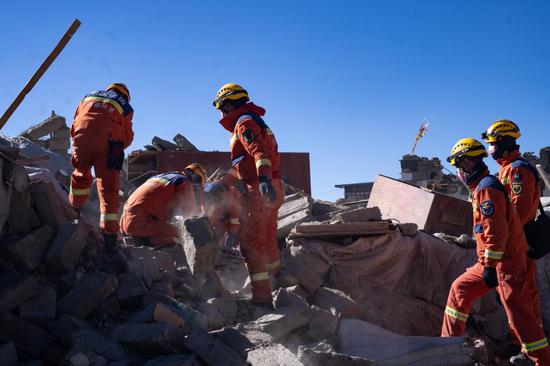




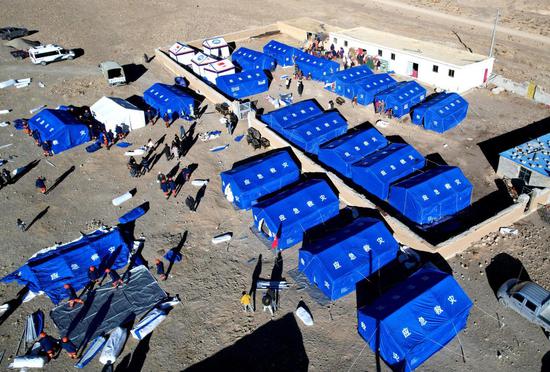

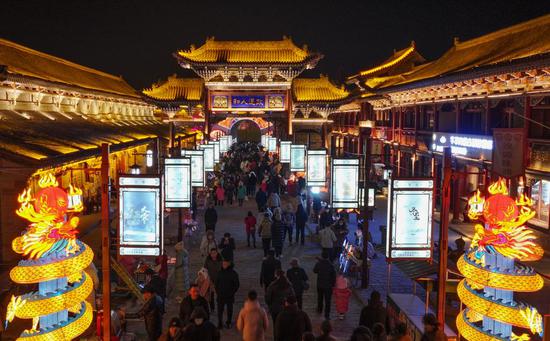

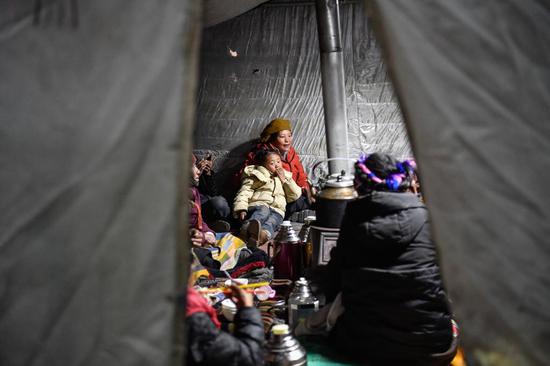
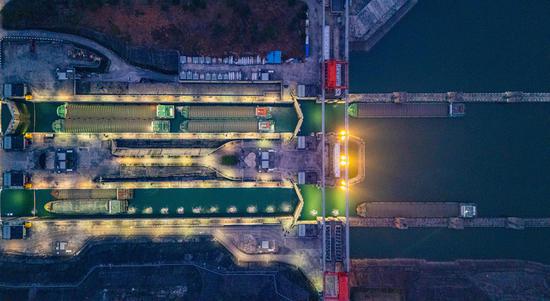




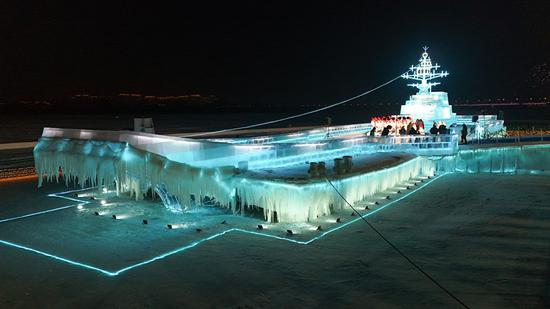
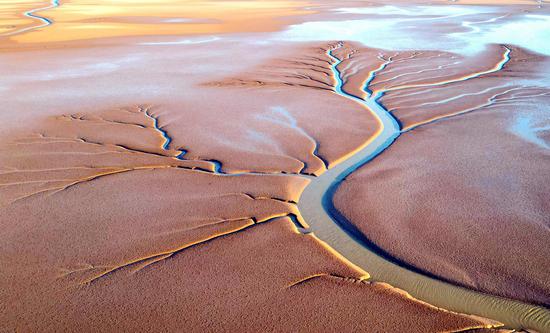









 京公网安备 11010202009201号
京公网安备 11010202009201号